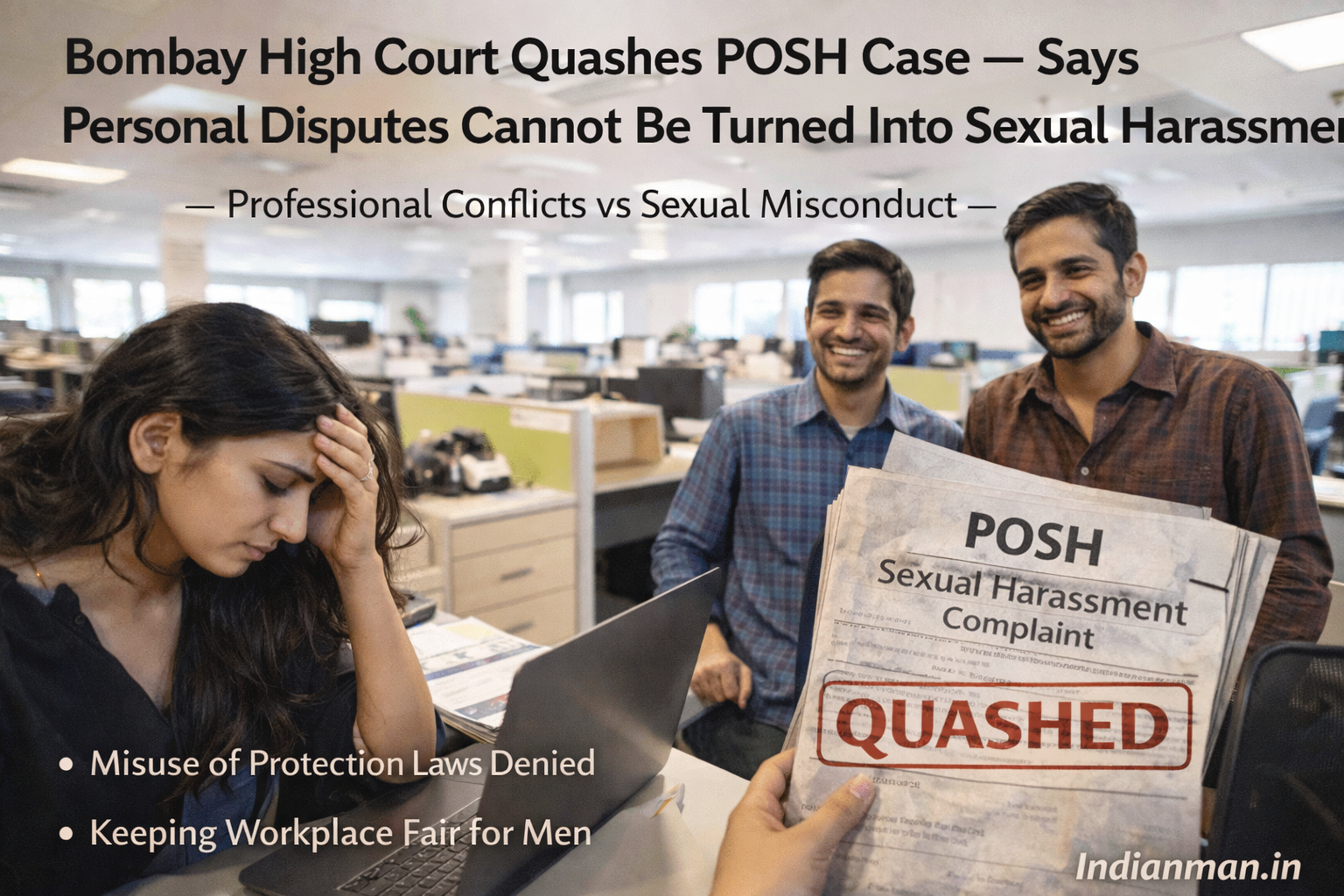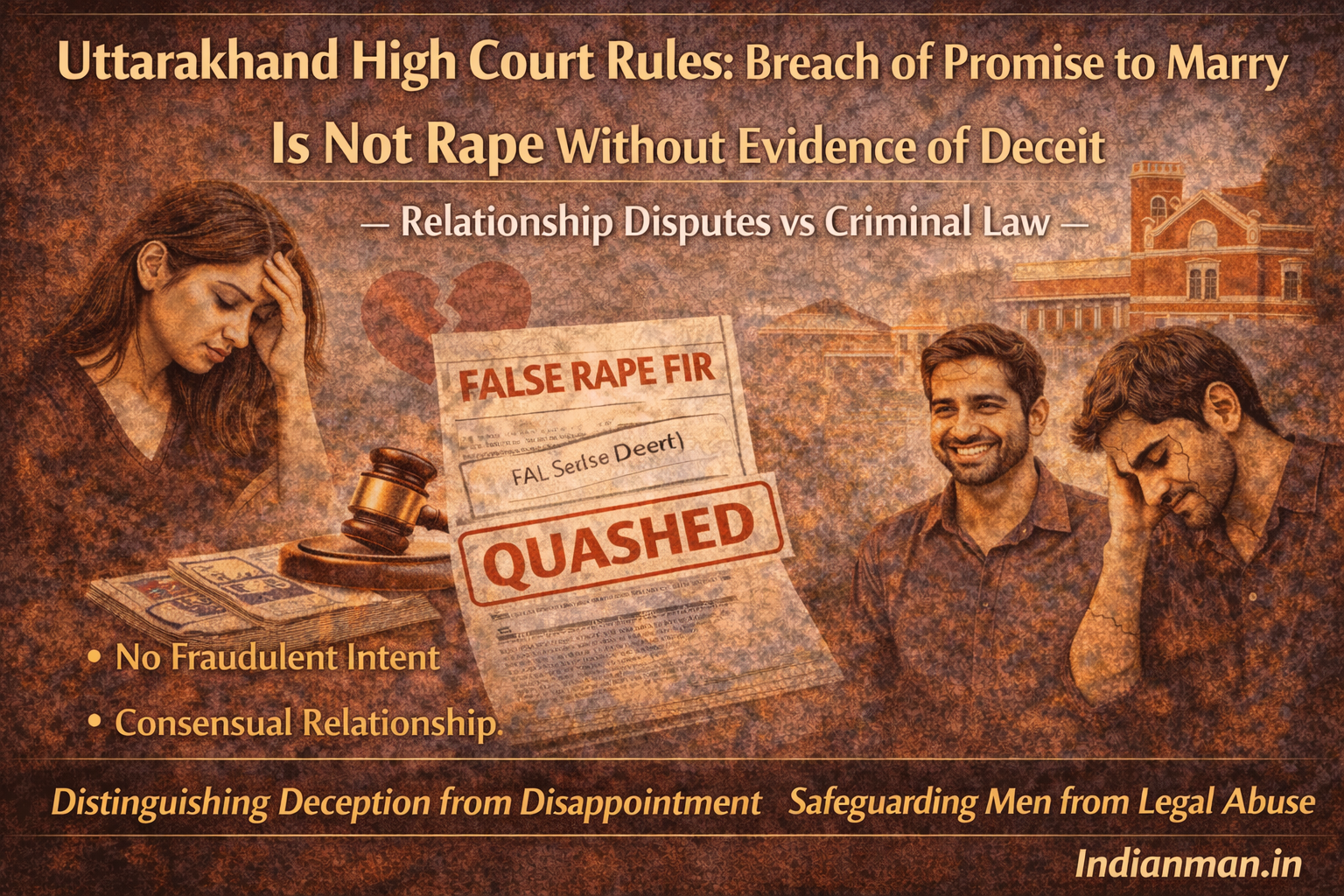DNA Report Not Final Proof in Rape Case: Calcutta High Court Rejects Discharge Plea
The Calcutta High Court has refused to discharge a man accused of rape, stating that a DNA report alone cannot conclusively prove or disprove sexual assault. The ruling came after the accused filed a revision plea challenging an earlier decision by a special court handling cases under the Protection of Children from Sexual Offences (POCSO) Act.
Despite the DNA report showing that the accused was not the biological father of the child born to the victim, the special court declined to discharge him, stressing that evidence from both sides must be examined before reaching a final verdict.
Court’s Stance on DNA Reports in Rape Cases
A Bench led by Justice Ajay Kumar Gupta emphasized that while DNA evidence is important, it cannot be the sole deciding factor in a rape case. The Court stated:
“At this initial stage, the accused cannot be discharged only on the basis of a scientific report i.e. DNA Report because DNA analysis cannot be considered conclusive evidence regarding rape. It can only be used as supporting evidence in the trial.”
The Court highlighted that the victim’s testimony was sufficient to establish a prima facie case of rape or penetrative sexual assault, meaning there were reasonable grounds to proceed with the trial.
Why DNA Reports Alone Are Insufficient for Discharge
The High Court further explained that the DNA report from the Central Forensic Science Laboratory (CFSL), which confirmed that the accused was not the father of the child, was not enough to dismiss the charges.
The Court clarified that in rape cases, direct and substantive evidence, including victim statements, is crucial. It stressed that a scientific report alone cannot outweigh testimonial and circumstantial evidence, making a full trial necessary.
“Allegations of rape can be proved through substantive evidence, which must come from both sides during the trial. The DNA report does not automatically absolve the accused.”
Final Verdict
With this ruling, the Calcutta High Court upheld the decision of the special court, ensuring that the trial continues despite the DNA report ruling out paternity. This judgment reinforces the legal principle that rape cases cannot be judged solely on scientific evidence and that courts must consider all available evidence before reaching a conclusion.
This case sets a strong legal precedent, confirming that victim testimony and additional evidence hold significant weight in rape trials, even when forensic results do not directly implicate the accused.
Be a part our social media community:
Facebook: https://www.facebook.com/IndianMan.in?mibextid=ZbWKwL
Instagram:
https://www.instagram.com/indianman.in?igsh=MWZ2N3N0ZmpwM3l3cw==




